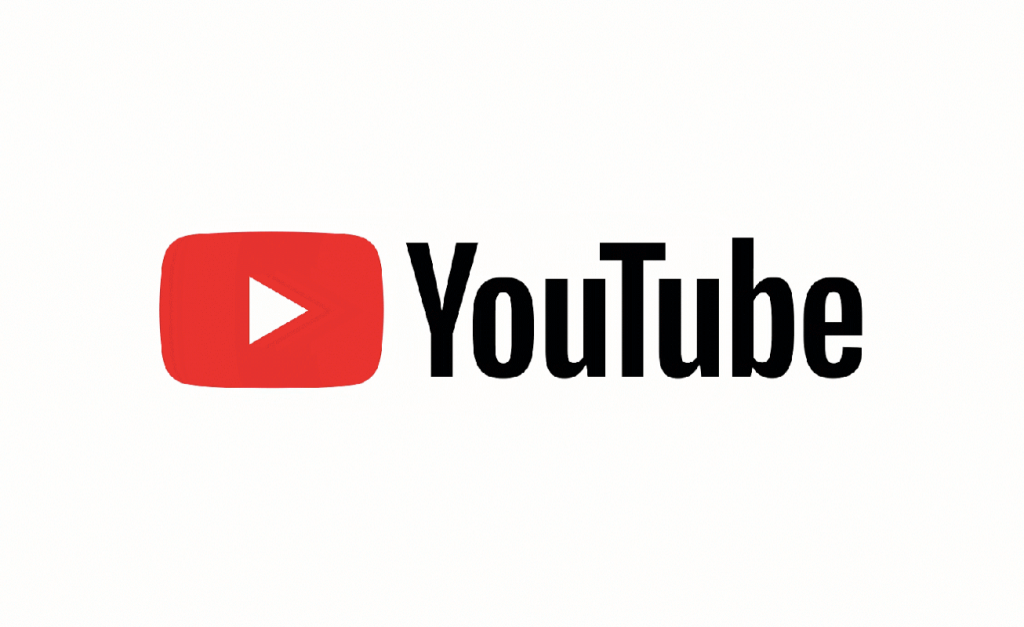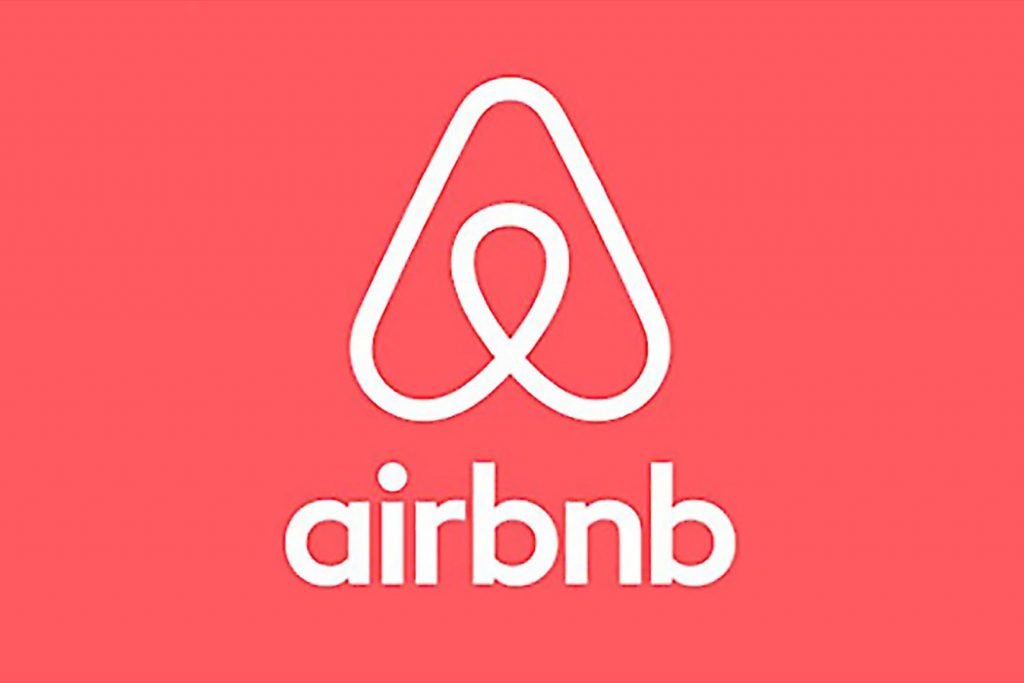If you are not embarrassed by the first version of your product, then you’ve launched too late.
—Reid Hoffman
Business history is littered with examples of the initial strategy of an enterprise invariably failing. Successful enterprises don’t give up when their initial strategy proves ineffective. They pivot as many times as required, till they hit upon a successful strategy: either by chance, through superlative thinking or from a competitor’s mistake or by sheer luck. Once the successful strategy is discovered, the enterprise drops anchor.
Implied in this approach is an axiom: it is unwise to put all resources—financial and non-financial—into the initial strategy. Enterprises should hold back sufficient resources for subsequent strategic pivots they might have to undertake along the way till the successful one is identified. An enterprise, therefore identifies and places a bet on the best initial strategy and invests sufficient resources to make it a success. But it also holds back enough resources in case the initial strategy does not work out and the enterprise has to pivot to arrive at another strategy.
Enterprises that ignore the pivot strategy could make mistakes at a great cost to themselves and their shareholders.
Are there examples of enterprises that have embraced the pivot strategy to lay the foundation for business success?
1. Wikipedia
Wikipedia leads the list. It ‘pivoted’ its way to becoming the world’s largest collaborative, free encyclopedia. In March 2000, Jimmy Wales, the founder of Wikipedia, launched an online encyclopedia and called it ‘Nupedia’. As was the norm then, he assembled an advisory board of experts to mentor this project. They in turn developed an intensive acceptance and editing process that included a multi-step peer review process to control the content of the articles.
After twelve months, merely twelve articles were written, despite many contributors evincing interest. The strategy of having experts to control and drive the project was clearly not working. Wales needed to pivot, and quickly.
In 2001, a second free online encyclopedia was launched where anyone could contribute. It was called Wikipedia. It operated on the principles of the software industry where a collaborative approach was followed. Work released at the earliest possible opportunity and refined subsequently, This process is called ‘beta testing. Leading software companies are in a state of perpetual beta: they are striving for continuous improvements. A leading proponent of this strategy is Google.
It releases its latest software version the moment it is 80 percent ready. And then based on user feedback, it keeps improving the software, live.

Wikipedia too released the earliest possible version of an article, letting several people work simultaneously to rapidly refine it. The new pivot got traction and Wikipedia, as we know it, was born. Nupedia, which decided to remain rigid and not pivot, shut shop in 2003.
2. YouTube
If you are still not convinced, let me share how YouTube pivoted its way to becoming the world’s no. 1 platform for uploading and viewing videos. But that was not the initial strategy with which it was launched in 2005. To begin with, it was intended to be an online dating site—as a way for people to upload videos of where they spoke about the partners of their dreams. Its tagline was ‘Tune In, Hook Up’.

This strategy did not find significant traction. And as it invariably happens, the serendipitous moment arrived unannounced for the founders.
During a live performance, Janet Jackson’s wardrobe malfunctioned. Millions saw it live. But Jawed Karim, who was at the time working for PayPal, missed it. He wanted to watch the video but was unable to find it. He, along with his friends Steve Chen and Chad Hurley, sniffed an opportunity for a ‘platform’ business model, where any video could be uploaded by anyone and could be viewed by anybody from any part of the globe. They quickly pivoted to embrace the new strategy. It found not just traction, but also attracted Google’s attention, and the latter purchased it for $1.65 billion in 2006 in an all-stock deal. Today, the YouTube business is valued at $ 90 billion.
3. Airbnb
Airbnb made its debut by offering ‘staying solutions’ centering on conferences/conventions. But the business was slow, and the founders quickly realized that the target market they were focusing on was small. It was only when they pivoted to offer ‘staying’ solutions to travelers on a budget—who were looking for affordable accommodation along with local experience— that Airbnb struck gold. In 2018 it was valued at $ 31 billion.

4. Twitter

The birth of Twitter can be, traced back to Odeo-—a podcasting platform where people could discover and subscribe to podcasts.6 But the launch of iTunes threw a spanner in their wheels. Facing the heat, founders Jack Dorsey, Evan Williams, and Biz Stone came up with the idea of a microblogging site using 140 characters where people could broadcast themselves instantly. This pivoting energized the company and laid the foundation for its global success.
Today, it has become a vehicle of choice for ‘revolutionaries’ to mobilize people for causes. Presidents have taken to this platform to broadcast official announcements. Most importantly, it amplifies the voices of ordinary people and broadcasts them across the world. It has 126 million daily active users.
We have always emphasized the importance of having a good website for your company because it can act as your best tool for marketing and sales. A poorly designed website can repulse people from your business and can cause you to lose customers before you even have them. Get in touch with HyperEffects to work on creating, enhancing, and making the website of your company more user-friendly.

